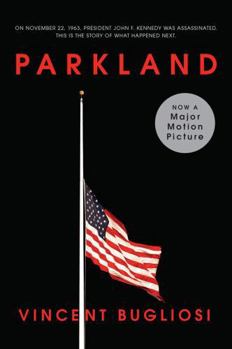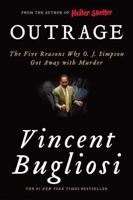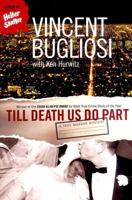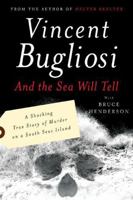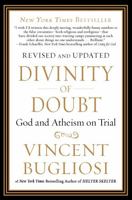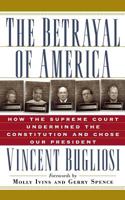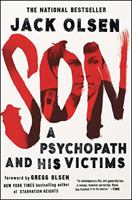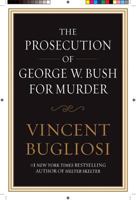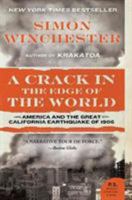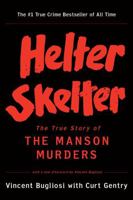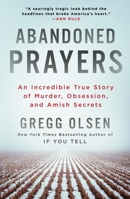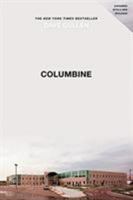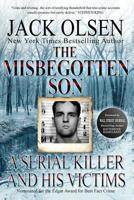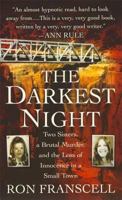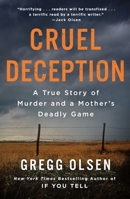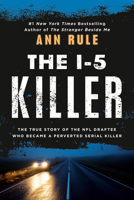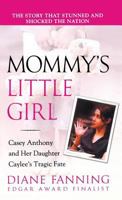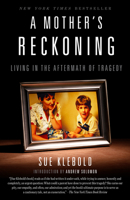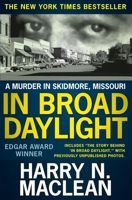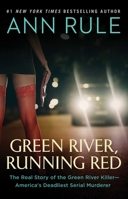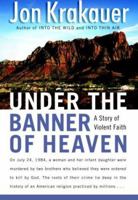Four Days In November
Select Format
Select Condition 
You Might Also Enjoy
Book Overview
Parkland (originally titled Four Days in November) is the exciting and definitive narrative of the assassination of President John F. Kennedy on November 22, 1963. The film--starring Paul Giamatti, Zac Efron, Jacki Weaver, and Billy Bob Thornton--follows a group of individuals making split-second decisions after this incomprehensible event: the doctors and nurses at Parkland Hospital, the chief of the Dallas Secret Service, the cameraman who captured what has become the most examined film in history, the FBI agents who had gunman Lee Harvey Oswald within their grasp, and Vice President Lyndon Johnson who had to take control of the country at a moment's notice. Based on Vincent Bugliosi's Reclaiming History--Parkland is the story of that day--the movie is produced by Tom Hanks, Gary Goetzman (Game Change, Charlie Wilson's War), Nigel Sinclair (End of Watch, Snitch), Matt Jackson (End of Watch, Snitch), and Bill Paxton, and written and directed by Peter Landesman.
Customer Reviews
Rated 5 starsStunning
I grew up with the movie JFK and like many fell for its conspiracy theories but after reading this book I cannot imagine why anyone would even hesitate to believe Oswald didnt do it by himself. The evidence presented in this meticulously researched and beautifully crafted book is completely compelling. It literally takes many events and breaks them down minute by minute, covering that tragic day and the three days following...
0Report
Rated 5 starsSuccinct, compelling and evocative
This is a brilliantly written and highly readable book. The events of the four days are documented virtually minute-by-minute in an excellent narrative. This work flows so well it I would like to suggest it reads like a thriller - but only in the most complimentary sense. That comment is not intended to demean a work of research and clarity that is worthy of very wide readership.
0Report
Rated 5 stars"Some day you'll hang your heads in shame...My son [may be] the unsung hero of this episode."--Margu
When Vincent Bugliosi wrote Reclaiming History: The Assassination of President John F. Kennedy, published in May, 2007, the predecessor of the book being reviewed here, it was widely regarded as his magnum opus, a towering masterpiece which took twenty years and 1648 pages to write. In this new edition about the assassination, drawn from Reclaiming History, Bugliosi has now winnowed the original manuscript to approximately...
0Report
Rated 5 starsTruly read this book, every page (and Reclaiming History, too)
Vince Bugliosi's masterful work is a devastating knock-out blow to those who, like me, once believed there was a conspiracy in the death of JFK. Bugliosi finishes and completes, in exhaustive and impressive detail, the work of the Warren Commission, the House Select Committee on Assassinations, and, quite frankly, all the other writers who have ever delved into the crime of the twentieth century. It is time to get a life,...
0Report
Rated 5 starsIt Was Oswald .... And Oswald Alone
Vincent Bugliosi's "FOUR DAYS IN NOVEMBER", published by W.W. Norton & Company in late May 2008, paints a vivid word picture of the events surrounding the 1963 assassination of President John F. Kennedy. This 688-page paperback is a reprint of the first chapter of Bugliosi's mammoth and spectacular 2007 hardcover tome "RECLAIMING HISTORY: THE ASSASSINATION OF PRESIDENT JOHN F. KENNEDY". So if you've already got that book,...
0Report











